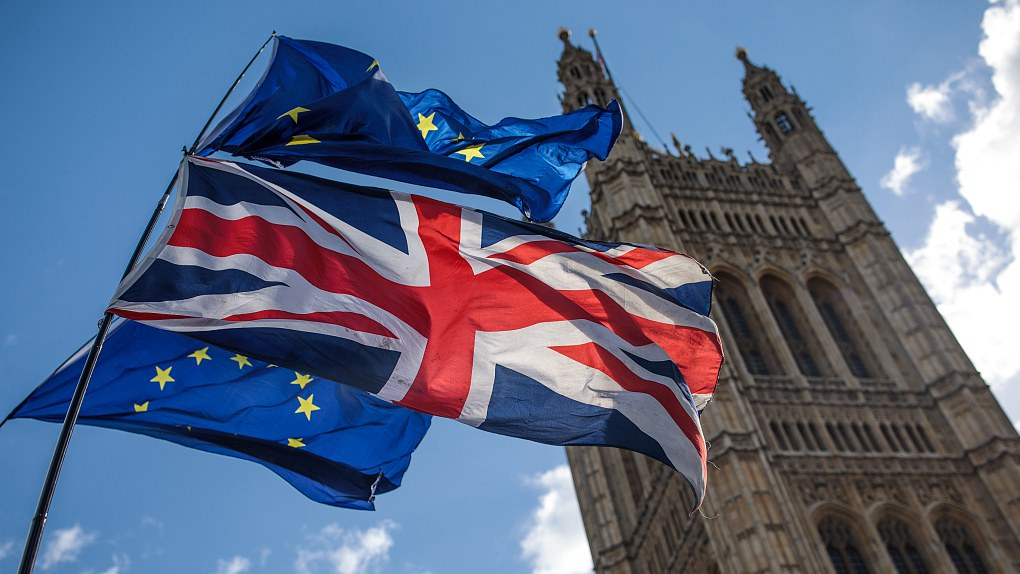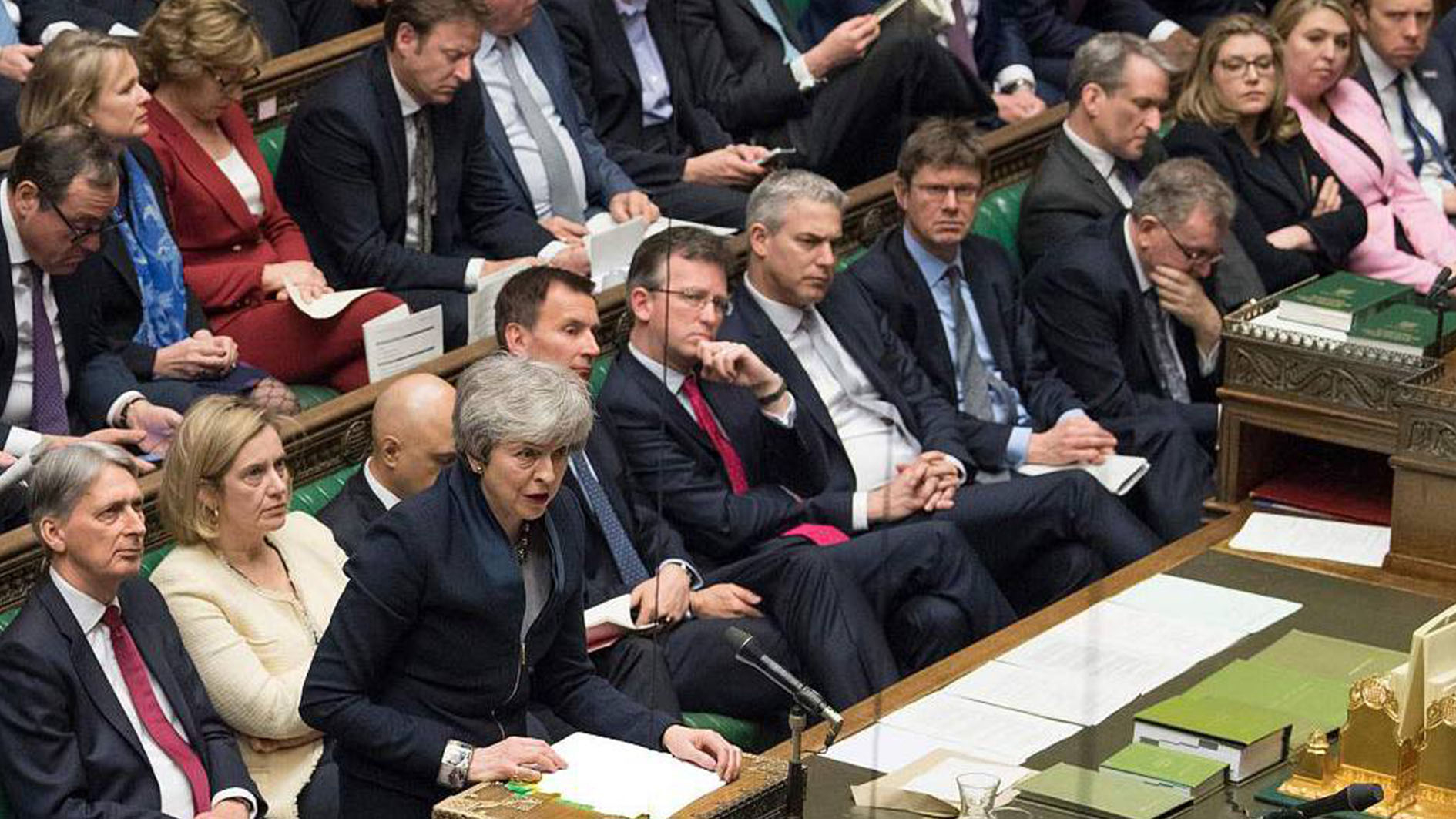
Biz Analysis
18:29, 08-Apr-2019
How bad is Brexit's worst-case no-deal scenario?
CGTN Global Business

The situation is pretty urgent for the UK.
Twenty-seven EU member states will vote on British Prime Minister May's earlier request to extend the Brexit date to June 30. Should any one of them veto, the UK would crash out of the bloc without a deal this Friday.
No deal is viewed as the worst-case scenario. Sir Mark Sedwill, who has been serving as May's cabinet secretary and a top national security adviser, even wrote a 14-page letter to warn the MPs of the dangers that come with a no-deal Brexit.
Economically, he believed there would be short-term inflation disruptions as trade with EU countries would face higher tariff barriers.
Sedwill wrote that food prices might go up by 10 percent following a no-deal Brexit, with even steeper rises in fresh produce. He also noted that it could cause severe depreciation of the British pound, which would only make inflation worse.
On the corporate front, Sedwill warned that future trade frictions could burden the UK-based international businesses. They might struggle more to get credit. Meanwhile, the government would also face enormous pressure when it has to bail out companies on the brink.
There are also security, law and order concerns. Sedwill mentioned in his letter that the UK's current legal system has been closely tied with the EU, and leaving without a deal could cause chaos within the legislative departments because too many laws would go invalid all of a sudden.
01:15

May has defended her decision to seek the opposition party's help in finding a compromise agreement. She said there was no choice but to reach out to the Labour Party.
"I think, the government thinks we absolutely must leave the European Union, we must deliver Brexit. That means we need to get a deal over the line, and that's we've been looking for new ways, a new approach to find an agreement in Parliament and that means cross-party talks," she said.
UK House of Commons leader Andrea Leadsom also said the government has been forced to hold talks with the Labour Party's Jeremy Corbyn to secure Brexit. She suggested the government is ready for a compromise. But the opposition said it's still waiting for May to shift her so-called Brexit "red lines".

SITEMAP
Copyright © 2018 CGTN. Beijing ICP prepared NO.16065310-3
Copyright © 2018 CGTN. Beijing ICP prepared NO.16065310-3